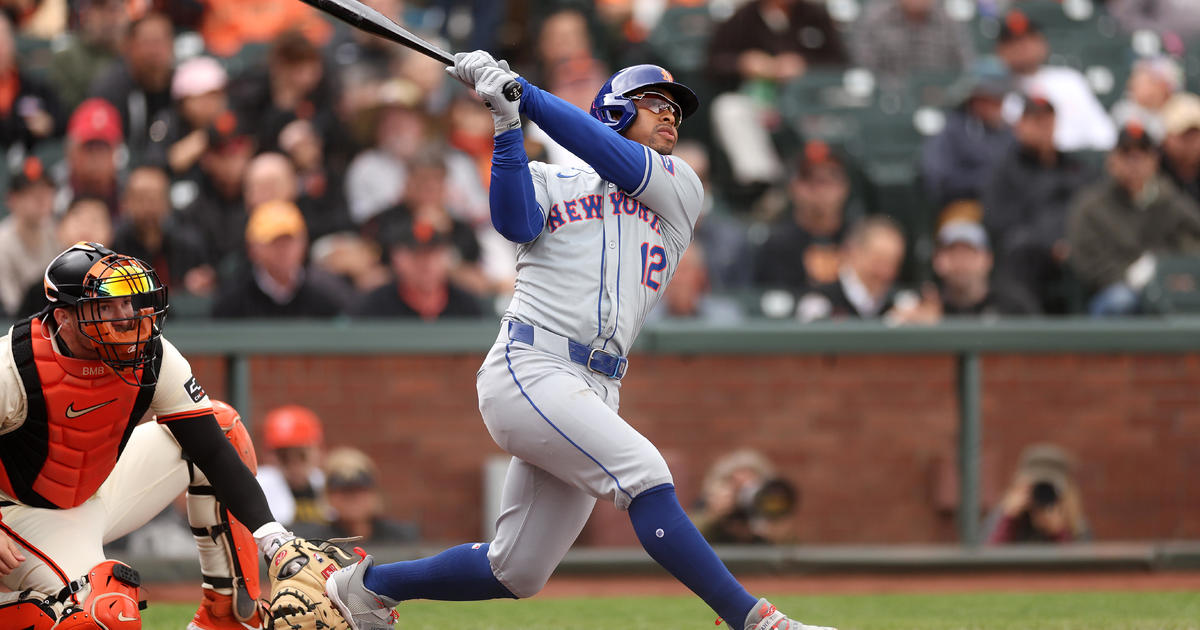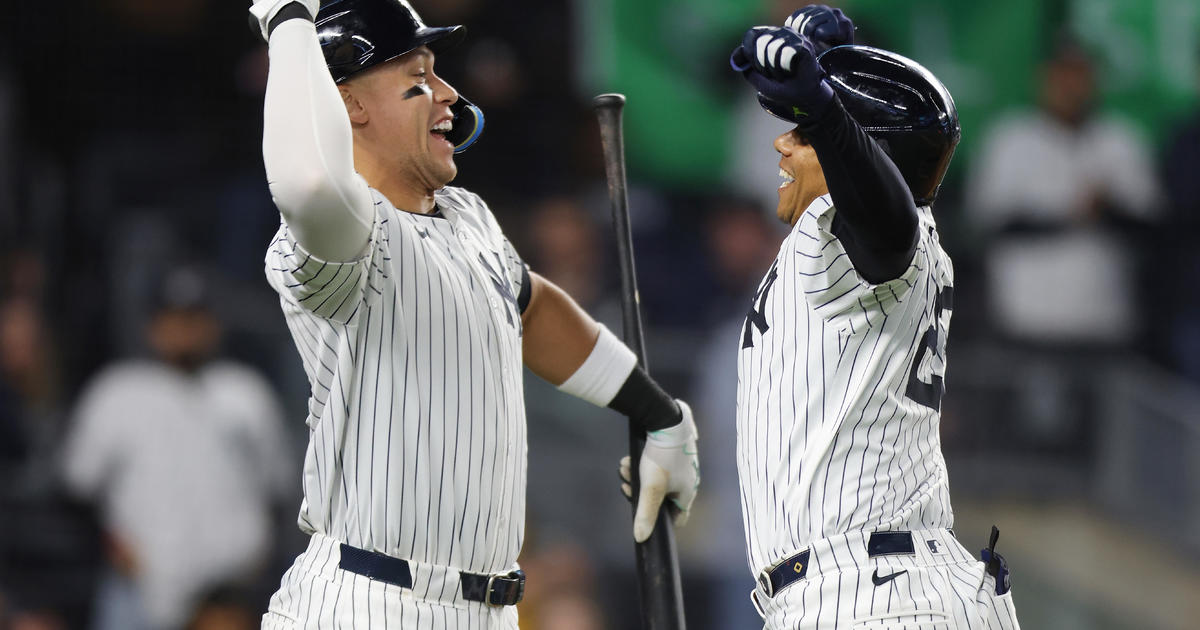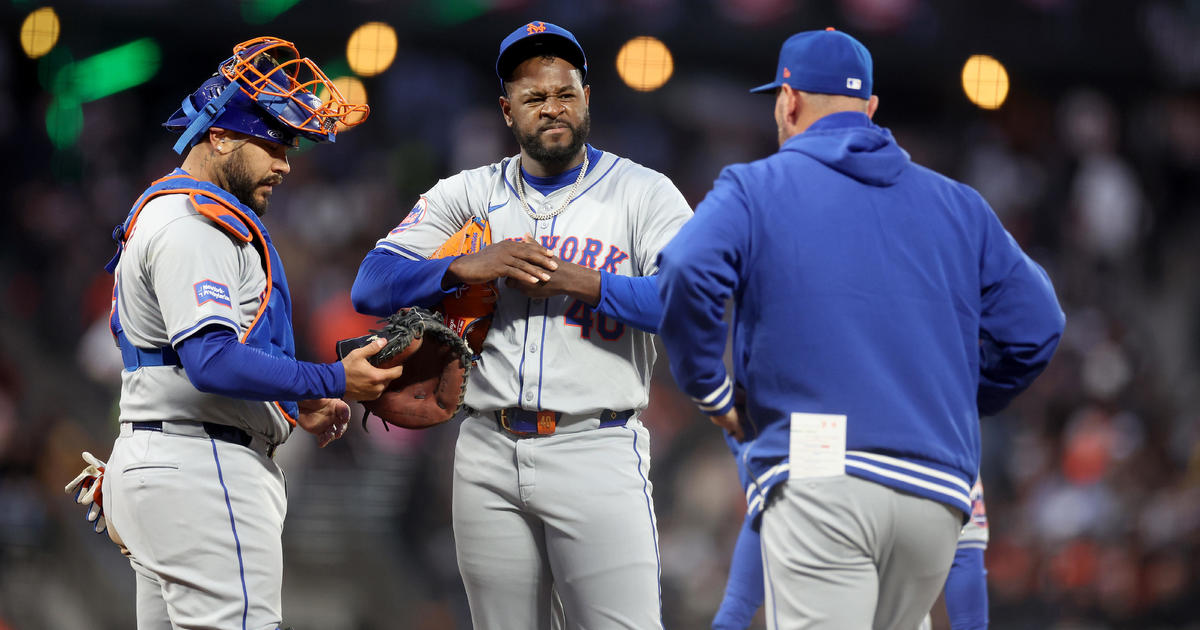Silverman: Vin Scully Leads Baseball's Greatest National Voices
By Steve Silverman
» More Columns
When the World Series comes to an end tonight or tomorrow, it will mark an end to the long broadcasting career of Tim McCarver.
Over the years, McCarver has been widely criticized for being a master of the obvious and his inability to incorporate modern metrics into his broadcasting.
While McCarver has been far from perfect, he has been a solid broadcaster for the majority of his career, even if the last few years have seemed burdensome for the 72-year-old former major league catcher.
McCarver and broadcast partner Joe Buck form an acceptable but not stellar broadcast partnership. Buck is a very polished announcer who is clearly at home when doing the big events. He clearly learned his lessons well from his late father, Jack Buck
However, when Joe Buck is doing a baseball game, you often get the feeling that he can't wait until it's over and he can get to wherever he really wants to go.
When he's doing football, you get the feeling that he wishes he were broadcasting a baseball game.
The World Series is baseball's biggest stage and it is best served by the most memorable voices in the game.
I've been watching the World Series since 1964, when McCarver's Cardinals beat Mickey Mantle and the New York Yankees.
Those Cardinals had a pretty good pitcher by the name of Bob Gibson.
Here's a look at the best World Series broadcasters in that time.
Vin Scully – Simply the best sports voice of all-time. He wins special awards for his longevity since he has been broadcasting baseball since the 1950s with the Brooklyn Dodgers, but it's his ability to paint beautiful pictures with his well-chosen words that makes him such a classic.
Scully was behind the microphone when the Mets had their miracle rally against the Red Sox in 1986, and when he described the slow roller off the bat of Mookie Wilson that went through Bill Buckner's legs, he captured the joy of the Mets and the anguish of the Red Sox with the same line.
One of the great tragedies of Walter O'Malley's decision to take the Dodgers out of Brooklyn and move them to Los Angeles was the loss of Scully. New Yorkers would have been much better off if they had been listening to Scully since 1958 instead of only hearing him on occasion.
Curt Gowdy – Another classic baseball announcer. Gowdy was the voice of NBC sports during the 1960s and '70's and he described the Miracle Mets World Series triumph over the Baltimore Orioles in 1969 with grace and skill. Just a few months before that, Gowdy told the nation of how Joe Namath led the Jets to their Super Bowl III upset of the Baltimore Colts.
Jack Buck – Buck had a regal presence whenever he stepped into the room, but he was quite generous with his time and couldn't have been nicer or more welcoming to a young writer covering the Super Bowl.
Announcing baseball was his true love and he came through with some of the classic lines in baseball history when he told St. Louisans to "go crazy" after Ozzie Smith hit a game-winning home run in the National League Championship Series against the Dodgers.
"I don't believe what I've just seen," was his heartfelt line when a gimpy Kirk Gibson hit a game-winning home run off Dennis Eckersley in the first game of the 1988 World Series. "We'll see you tomorrow night," was his play-by-play call when Kirby Puckett hit his sixth game home run for the Minnesota Twin in the 1991 World Series against the Atlanta Braves.
Jon Miller – He was the voice of baseball on ESPN for 20 years and his sense of humor along with his mastery of Spanish diction gave him a unique flair. While many found him to be a bit over the top and didn't like his broadcast partner Joe Morgan, few announcers have been able to match his ability at describing a complicated play.
Ernie Harwell – The longtime voice of the Detroit Tigers had an opportunity to do many World Series games on the radio in the latter half of his long career. The folksy Southerner with the syrupy accent was one of the game's great story tellers. Harwell also had an innate sense of fairness and rarely showed any bias if his Tigers were involved in a postseason national broadcast.
You May Also Be Interested In These Stories



